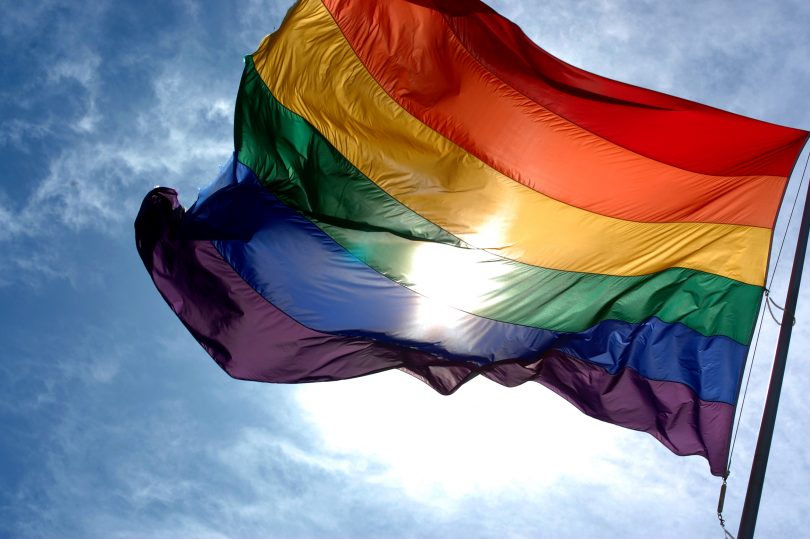Photo from Flickr
By Mitch Groenewald
Jason Ball celebrated the fourth annual Pride Cup match in Yarra Glenn on the weekend. He started the local football match to promote inclusion of the LGBTQI community within the sport.
As the first male AFL player to publically come out at any level of the game, Ball believes the sport’s top tier still has a long way to go.
“If you look at the AFL as a sporting code throughout its history, there hasn’t been a single male athlete at the elite level to ever come out as gay. I think that’s reflective of a problematic culture were gay men don’t want to play or don’t feel safe to come out while they’re playing” Ball said.

Pictured: Jason Ball Photo by: Julian Meehan Photography
This year, the Australian Human Rights Commission and the Australian Sports Commission have together developed a ‘Pride in Sport Index’ (PSI). The AFL is one of 6 leading sports organisations across the country taking part.
The PSI is an independently administered benchmarking system will review; measure and annually monitor participating organisation’s LGBTI support measures.
The sporting organisations that will take part in the initiative’s inaugural year include the National Rugby League, Australian Rugby Union, Football Federation of Australia, Cricket Australia and Water Polo Australia.
“Sport has a very important role to play in promoting equality, and the AFL is very pleased to be part of the Pride in Diversity Index. We are committed to being a sport that welcomes and supports everyone, and being part of the fight against homophobia”, said AFL CEO Gillian McLachlan.

Image created with Canva
The PSI comes as data from the 2015 ‘Out On The Field’ survey found that only 80% of people believed openly gay or bisexual fans were not safe as spectators. 70% of people believed youth sport was not a safe space for gay people.
‘Proud2Play’ is a Melbourne-based organisation connecting directly with LGBTQI+ young people between the ages of 14–24 who wish to play sport in a safe, inclusive environment.
CEO, James Lolicato, says that the AFL is in their top 3 sought after sports by LGBTQI+ youth and it is not necessarily local clubs who are to blame for a lack of inclusivity.
“Clubs in the suburbs are not hearing from the top tier in the AFL about what they could do to be more inclusive. Some clubs really want to be more inclusive but don’t have the tools or the knowledge to do so”.
Ball hopes that the AFL can separate results between their male and female leagues, recognising that the vast difference in LGBTQI representation and inclusion between them may skew data if collated as one.
“You can absolutely talk up that female players have come out but I don’t think you can use that to counter that it’s a very different story in the men’s game” he said.
“I think the AFL should in its submission to the Sport Index both celebrate its wins but also recognise areas for improvement”.
All submissions for the PSI have been lodged and results will be available from the 19th May.

